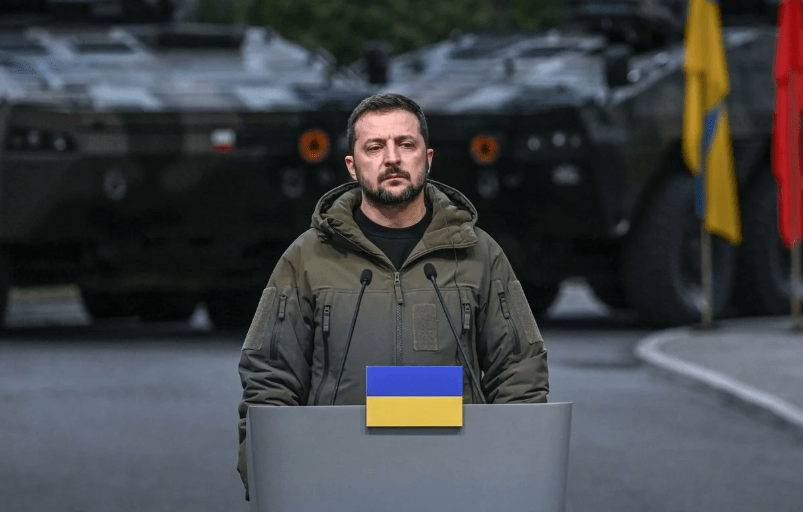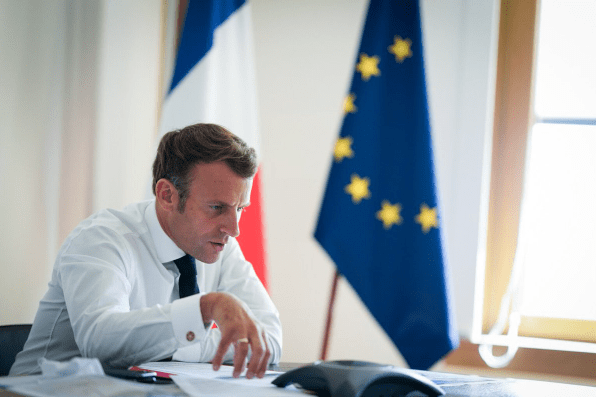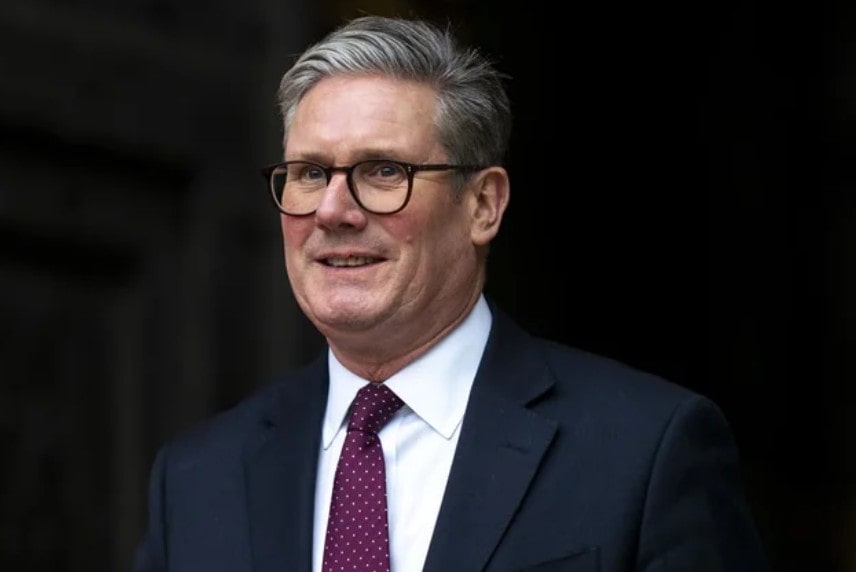As world leaders move towards a Ukraine-Russia peace accord, the UK is preparing troops to back a stabilisation mission, but the US has categorically rejected doing the same.
The UK government is ready to deploy troops to Ukraine as part of a “reassurance force” if a peace deal is eventually agreed. This comes after a high-level virtual summit co-chaired by Prime Minister Sir Keir Starmer, in which more than 30 global leaders met to map out future security guarantees for Kyiv.
Although Britain and France have reaffirmed their pledge to send troops after the conflict, Donald Trump has drawn a firm line, saying the US would not deploy personnel but might provide limited assistance, including air operations.
President Volodymyr Zelensky referred to the planned guarantees as “a major step forward,” adding that they would be “formalised on paper within the next week to 10 days.”
Immediately after the meeting, it was confirmed by a Downing Street spokesperson that planning teams from the “coalition of the willing” would shortly sit down with their American counterparts to “further strengthen plans to deliver robust security guarantees and prepare for the deployment of a reassurance force if the hostilities ended.”

The UK’s willingness to deploy troops is part of a drive to deter resumed Russian aggression and to stabilize Ukraine if at last, peace is negotiated.
Following more than three years of savage fighting, momentum seems to be gaining towards peace in Ukraine – and the UK is staking out a role as a central player in what follows.
Though peace initiatives continue, Russia seems nowhere near conceding. Only hours after the global gathering, Moscow unleashed its biggest air offensive in more than a month, sending 270 drones and 10 missiles into central Ukraine.
The dichotomy between diplomacy and violence injects grave scepticism regarding President Vladimir Putin’s intentions. European leaders are cautious, though they urge to seal specifics of the US-led security guarantees to Kyiv.
During separate Washington meetings, Donald Trump emphasized that the US would not send boots on the ground. His group instead came up with substitute guarantees duplicating NATO’s Article 5 without demanding Ukraine’s accession to the alliance on a formal basis.
His envoy, Steve Witkoff, suggested a mutual defence pact that will safeguard Ukraine without NATO membership on a formal basis.
Talking to Fox News, Mr Trump stated: “Everybody always believed that Ukraine was in some way a buffer between Russia and the rest of Europe. And it was – it was a huge, broad buffer. Everything went well until [President] Biden came along.”

He went on to say Putin’s primary concern was having an “enemy” on his border, suggesting that NATO enlargement might be a red line.
Sir Keir Starmer welcomed the week’s progress, calling it a “real significant breakthrough” towards the conclusion of the war. In an interview with the BBC, he explained that the progress made on security guarantees would “reassure people in Europe, in Ukraine, but especially in the United Kingdom.”
A Downing Street statement further asserted that the Washington talks portrayed “a real sense of unity” and a “shared aim of achieving a just and lasting peace for Ukraine.”
The leaders also asserted that sanctions must remain an important tool to continue keeping pressure on Moscow until there are serious moves towards peace.
Britain’s Defence Staff Head, Sir Tony Radakin, is already travelling to Washington for further talks with US military chiefs. Switzerland has offered to host additional peace talks.
Even its foreign minister, Ignazio Cassis, offered President Putin immunity from arrest if he comes to a mooted peace conference in Switzerland.
Despite the fact that Putin is still wanted by the International Criminal Court for alleged war crimes, Cassis asserted:
Switzerland was “prepared for such a meeting” and Putin “would not be arrested” at peace negotiations.
French President Emmanuel Macron said that European solidarity has changed Donald Trump’s mind on Ukraine. He said to Paris Match:
“You recall the moment when he believed he would resolve the conflict in 24 hours? We stood up, we Europeans, and he had it in mind.” Macron thinks Trump’s unpredictability may be a masterstroke in bargaining with Russia.

Despite the optimism over security guarantees and diplomacy, peace remains unclear. The US President said that it would be a “rough situation” if Putin turns down the offered terms, indicating that Ukraine will have to demonstrate flexibility, possibly putting aside dreams to reclaim Crimea or join NATO.
Whether Moscow is prepared to accept multinational security initiatives is uncertain. But as the planning gathers pace, Britain’s role becomes more pivotal than ever in determining the post-war destiny of Ukraine.






